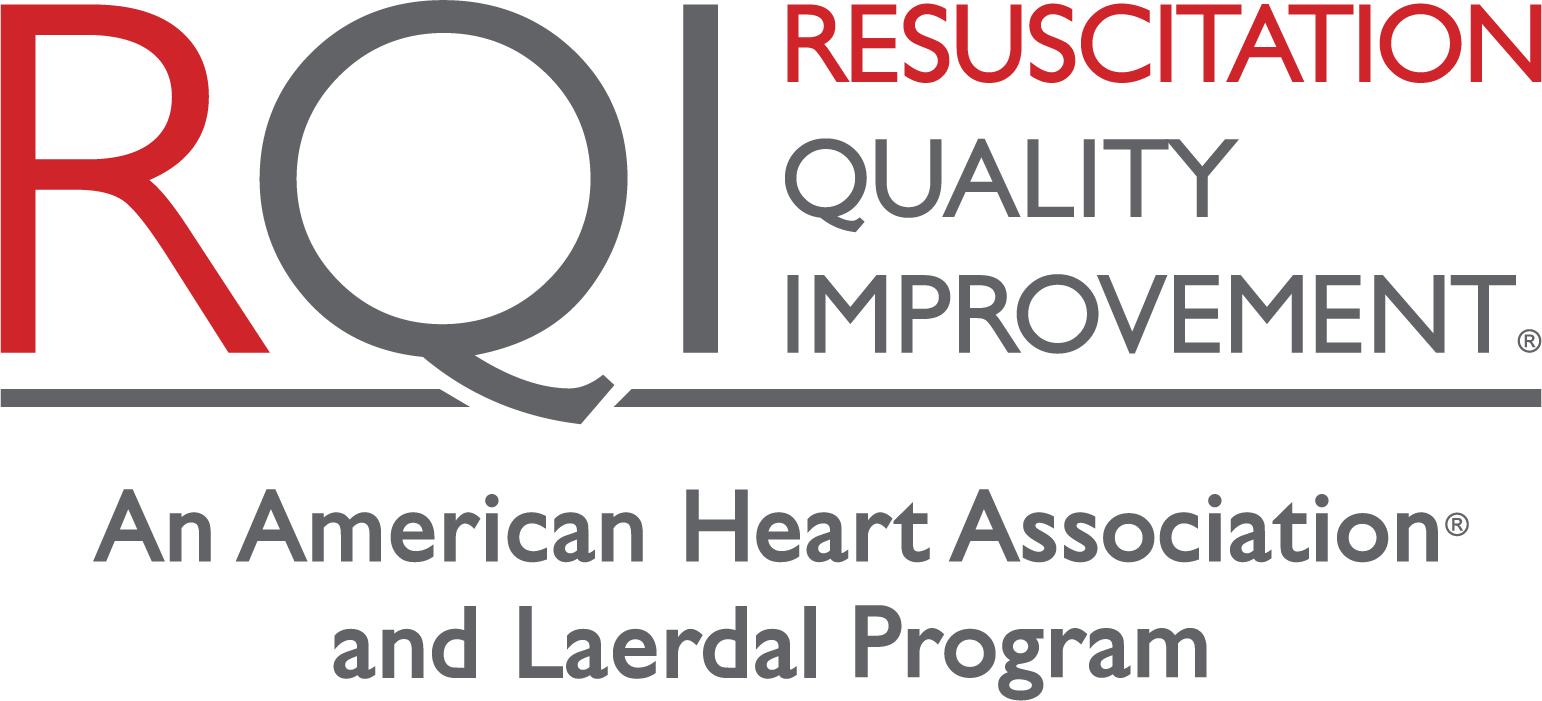Brennan et al. CJEM. 2016;18(4):276-282
Importance of Conclusion
The use of objective and technology-based measures of chest compression quality for feedback in simulated resuscitation settings is supported.
Key Points
- Study findings suggest that instructors may not assess chest compression quality accurately during simulated resuscitation training sessions.
- The chest compression parameter with the least accurate assessment was rate; the majority of sessions having rates within the guidelines being assessed were inadequate, and the majority of sessions having rates above the guideline being assessed were adequate.
- An association between CPR guideline compliance and outcomes was not observed; however, when the cohort was restricted to those with late ROSC, guideline-compliant CPR was associated with improved clinical outcomes.
- The use of objective real-time chest compression quality feedback or post-scenario quantitative debriefing of CPR quality using objective measures may ameliorate this deficiency and concurrently reduce the cognitive load of instructors.
